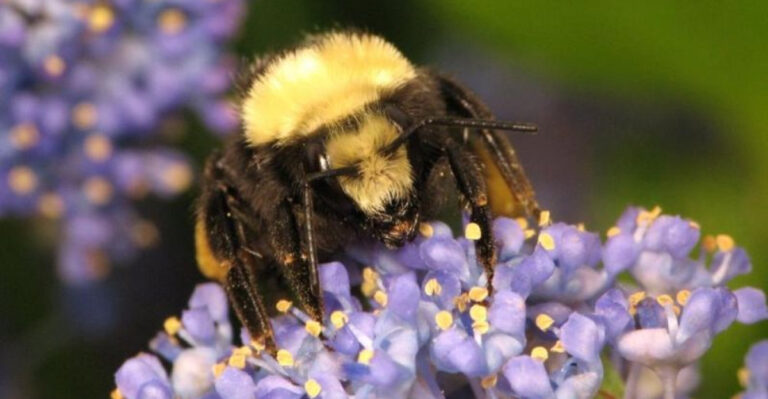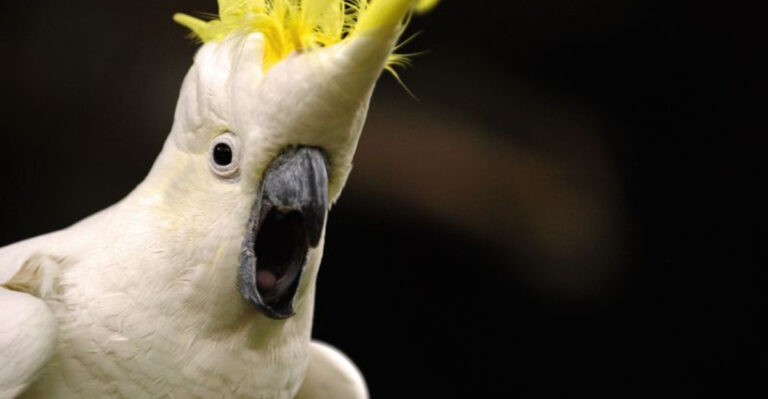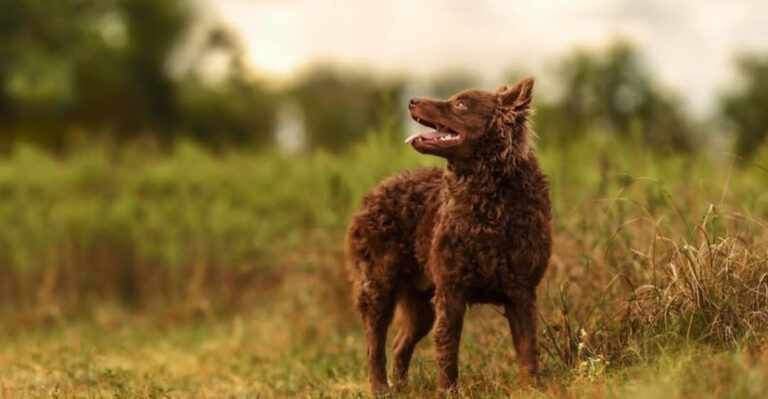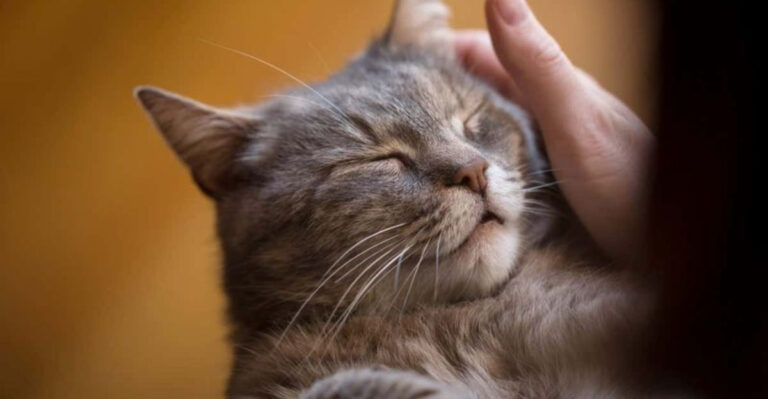15 Emotional Benefits Veterans Gain From Owning A Service Rabbit
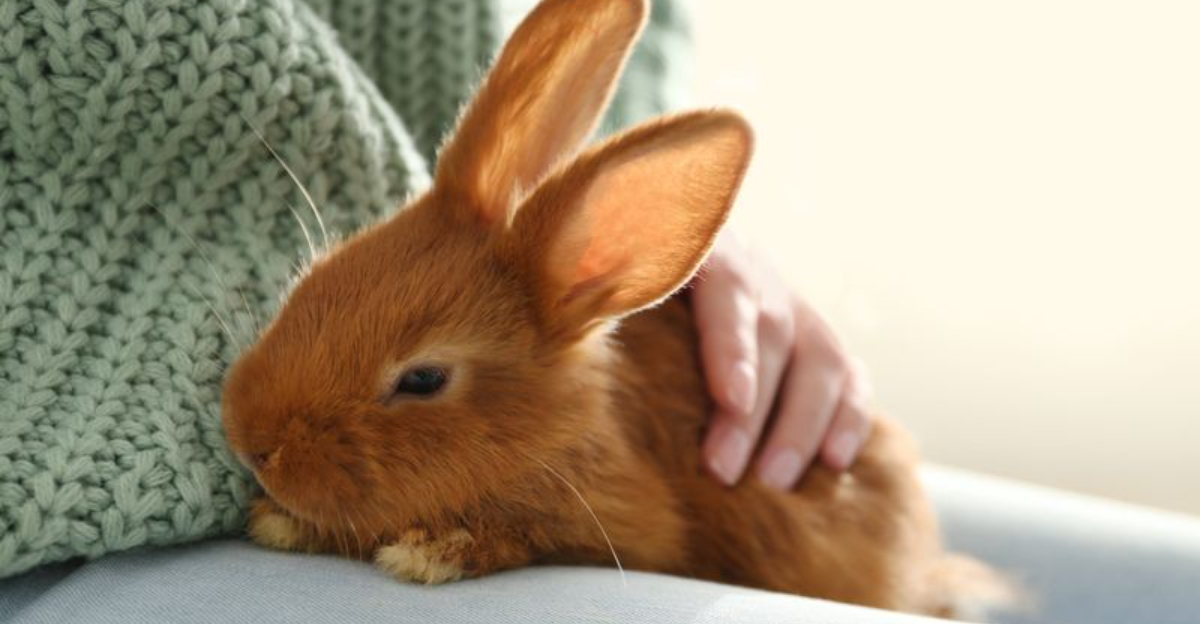
Service rabbits are emerging as wonderful companions for veterans facing emotional challenges after service.
These gentle animals provide unique support that differs from traditional service animals like dogs. Their small size, quiet nature, and intuitive responsiveness make them ideal partners for veterans seeking emotional healing in their civilian lives.
1. Emotional Support Through Companionship
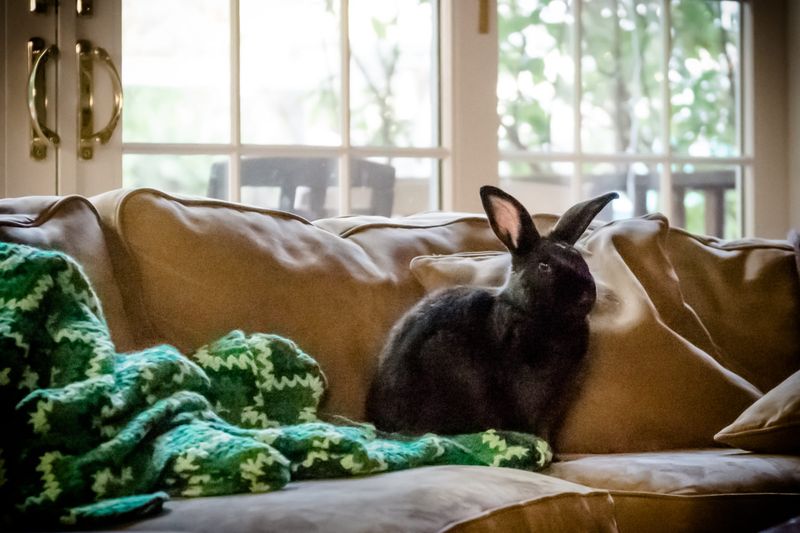
Rabbits offer silent understanding when words fail veterans struggling with emotional expression. Their consistent presence fills the quiet moments that might otherwise feel isolating.
Many veterans report that simply knowing their rabbit is nearby provides comfort during difficult nights. The bond formed between veteran and rabbit creates a safe harbor of companionship.
2. Reducing Anxiety With Calming Presence
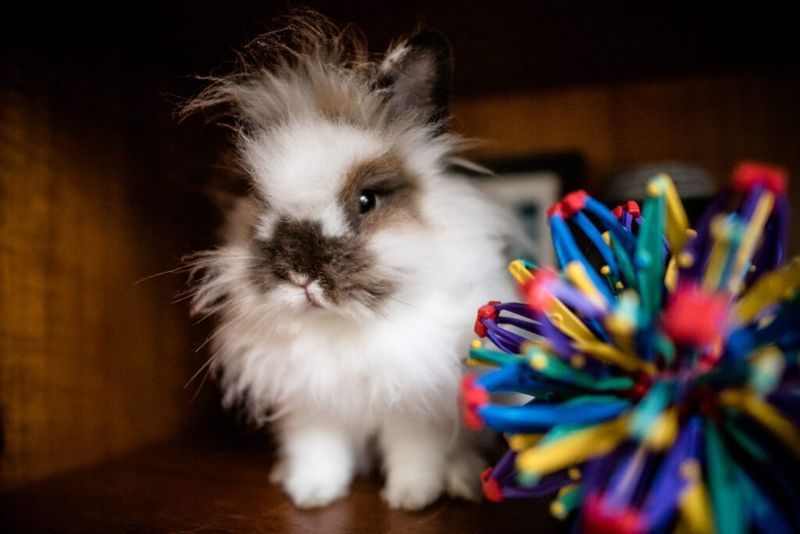
The rhythmic breathing of a rabbit nestled against a veteran’s chest naturally slows racing heartbeats during anxiety spikes. Their soft fur invites gentle stroking that grounds veterans in the present moment.
Rabbits communicate without words or loud noises, creating a peaceful environment that doesn’t trigger heightened alertness. This natural tranquility helps veterans decompress from anxious states.
3. Enhancing Emotional Stability
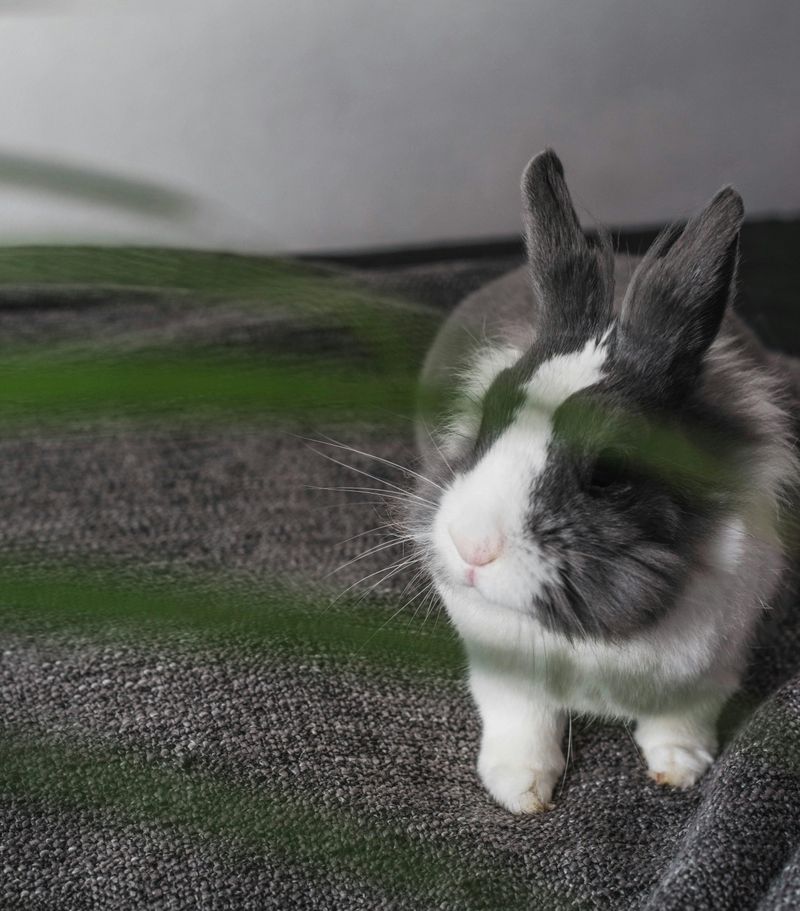
Rabbits thrive on consistency, encouraging veterans to maintain stable daily patterns. Their predictable nature creates a reliable emotional touchstone during turbulent times.
When life feels chaotic, a rabbit’s unchanging needs and behaviors provide an anchor. Veterans often describe this stability as a cornerstone for rebuilding emotional balance after service-related trauma.
4. Building Confidence And Independence
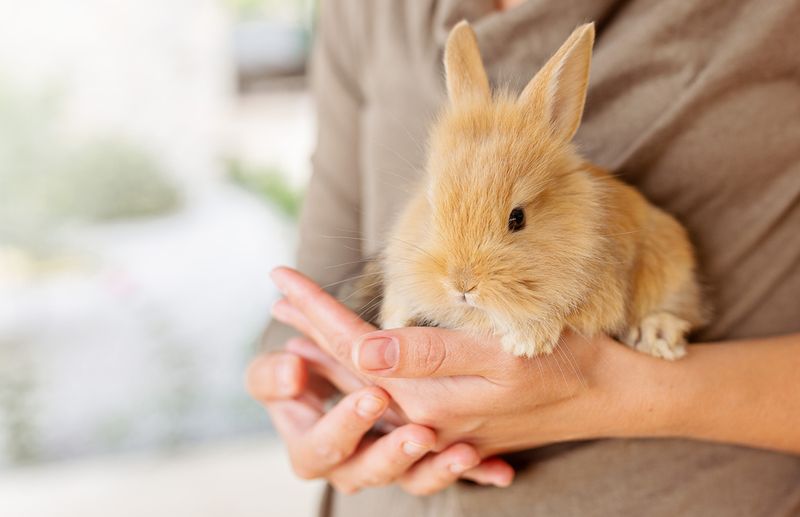
Successfully caring for another living being restores a sense of capability often diminished by service-related trauma. Veterans gain confidence as they master rabbit care skills and see their companion thrive under their attention.
Each day of successful caregiving reinforces a veteran’s belief in their ability to handle responsibility again. This growing self-assurance gradually extends to other areas of civilian life.
5. Combatting Depression With Unconditional Love
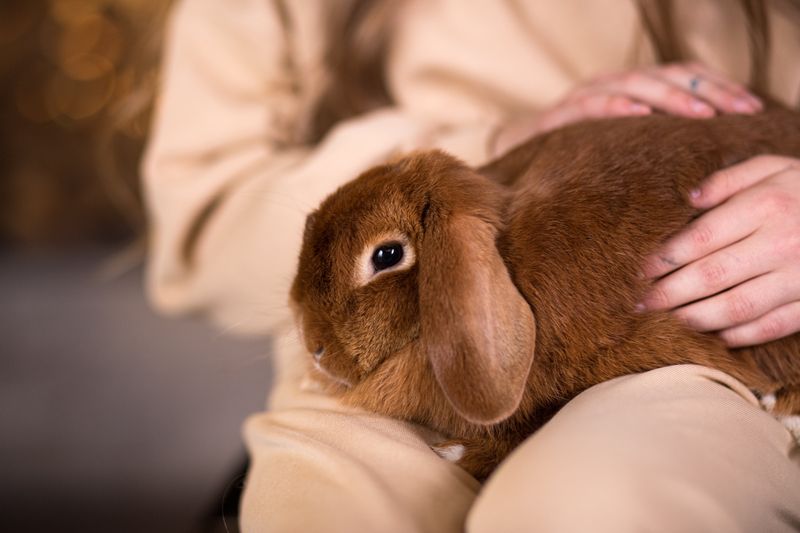
Unlike human relationships that may carry expectations, a rabbit’s affection comes without judgment or demands. Their gentle nudges and quiet presence offer comfort during the darkest emotional valleys.
Veterans struggling with depression find motivation in their rabbit’s need for care. The simple act of getting up to feed their companion can break depression’s paralyzing grip on particularly difficult days.
6. Providing A Safe Emotional Outlet
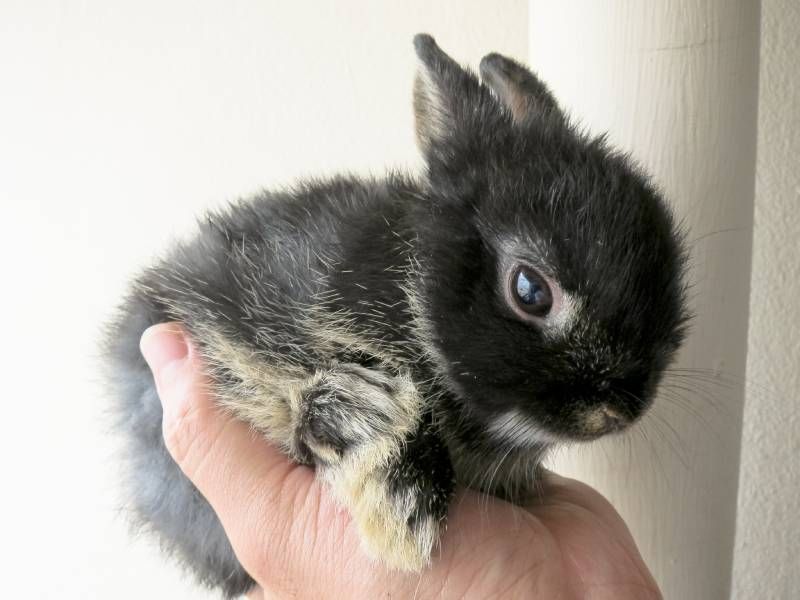
Rabbits listen without offering advice or judgment, creating a safe space for veterans to voice difficult thoughts. Many veterans find themselves talking to their rabbits about experiences they haven’t shared with anyone else.
The physical act of holding and stroking a rabbit releases emotional tension. This tactile connection helps process feelings that might otherwise remain bottled up inside.
7. Creating Positive Daily Routines
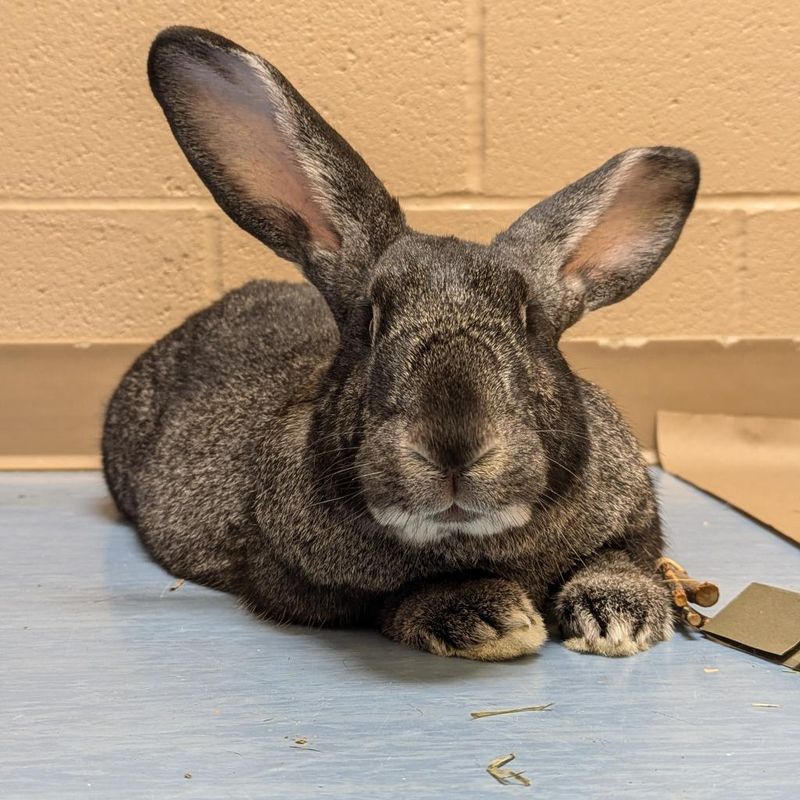
Rabbit care requires gentle consistency – feeding, cleaning, and handling happen at regular intervals. This natural structure helps veterans establish healthy patterns after the rigid schedules of military life.
Morning feeding rituals give veterans a reason to start each day with purpose. Evening care routines signal the body and mind that it’s time to wind down, improving sleep patterns disrupted by service.
8. Supporting Mental Health Recovery
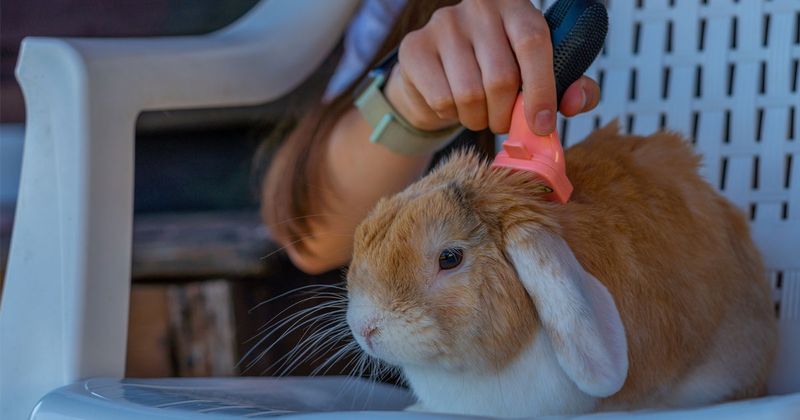
Rabbits observe without criticism when veterans practice coping techniques learned in therapy. Their accepting presence creates a judgment-free zone for trying new emotional regulation skills. The responsibility of rabbit care provides natural opportunities to practice mindfulness.
Focusing on their rabbit’s needs pulls veterans into the present moment, a cornerstone of many mental health recovery approaches.
9. Relieving Stress With Physical Contact
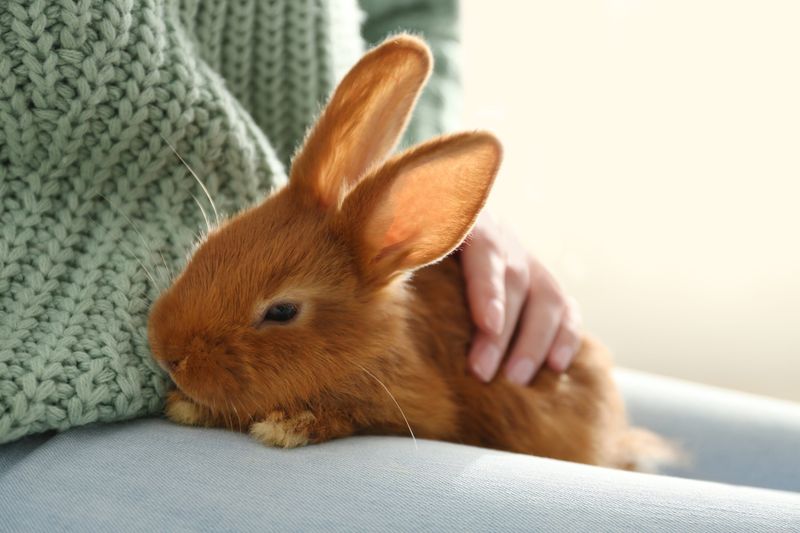
The rhythmic motion of petting a rabbit triggers the release of oxytocin, nature’s stress-fighting hormone. Veterans report that just five minutes of rabbit interaction can noticeably lower physical tension.
Holding a rabbit close creates gentle pressure similar to weighted therapy blankets. This natural pressure therapy helps ground veterans experiencing stress responses, bringing their nervous systems back to baseline.
10. Encouraging Social Interaction
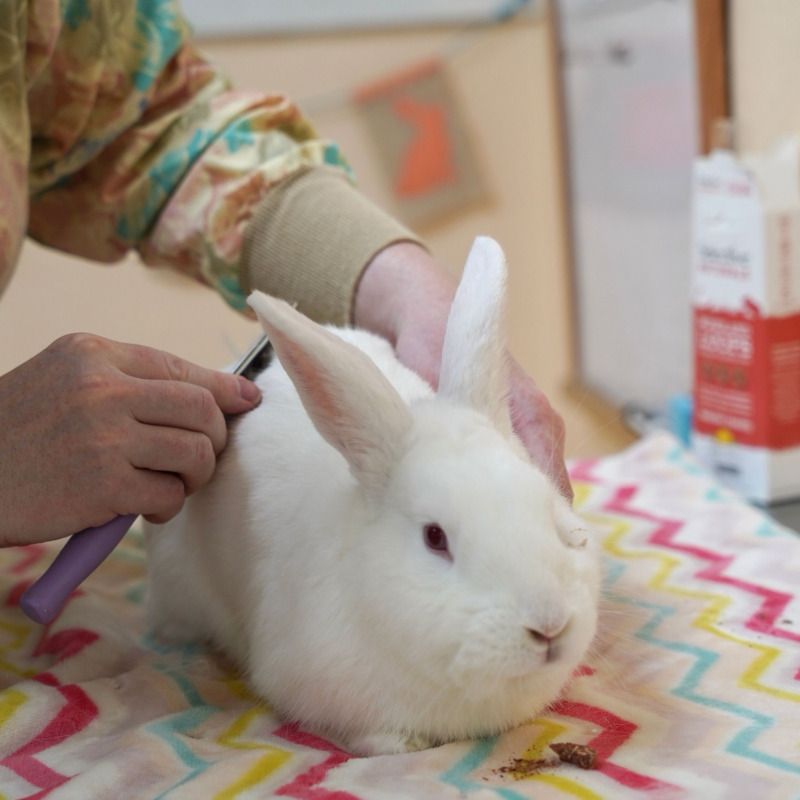
Service rabbits naturally attract positive attention, creating easy conversation starters for veterans who might otherwise avoid social settings. These interactions focus on the rabbit rather than the veteran’s service history.
Taking a rabbit to approved public spaces helps veterans gradually reacclimate to civilian social environments. The rabbit becomes a bridge between military and civilian worlds, easing this challenging transition.
11. Promoting Emotional Regulation
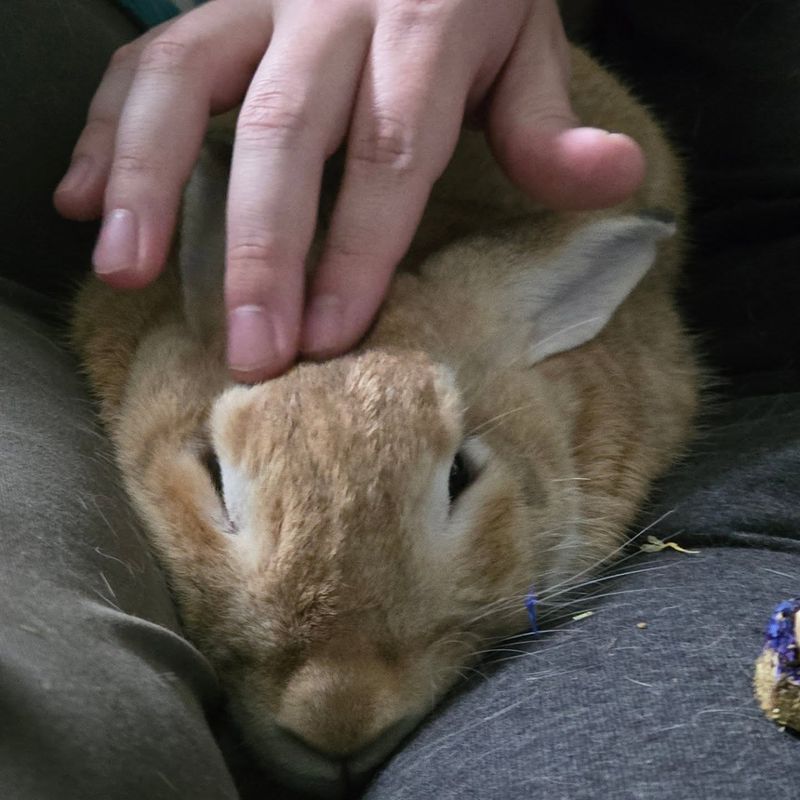
Rabbits have remarkable sensitivity to human emotions, often responding to a veteran’s distress by moving closer. This natural biofeedback helps veterans recognize emotional escalation before it becomes overwhelming.
Focusing on a rabbit’s calm demeanor provides a model for emotional steadiness. Veterans learn to match their breathing to their rabbit’s rhythm during moments of emotional turbulence.
12. Reducing Feelings Of PTSD
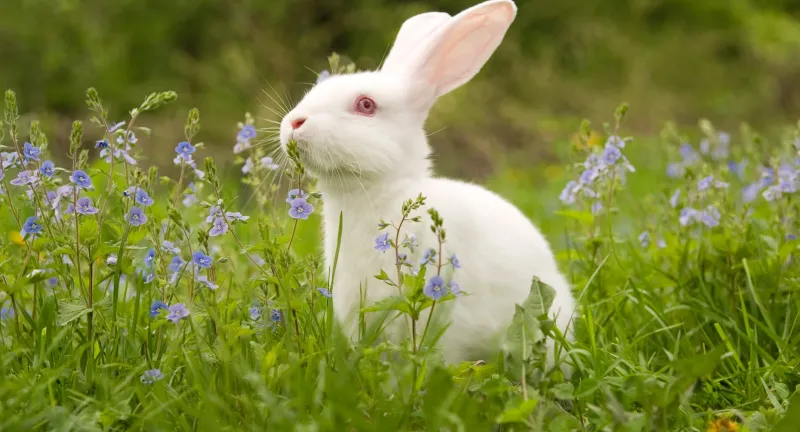
Rabbits’ heightened awareness of their surroundings can alert veterans to environmental changes, sharing the hypervigilance burden. This partnership helps veterans feel less alone in their heightened state of alertness.
During flashbacks or dissociative episodes, a rabbit’s gentle touch can serve as a grounding tool. Their physical presence anchors veterans to the present moment, helping distinguish past trauma from current safety.
13. Fostering A Sense Of Responsibility
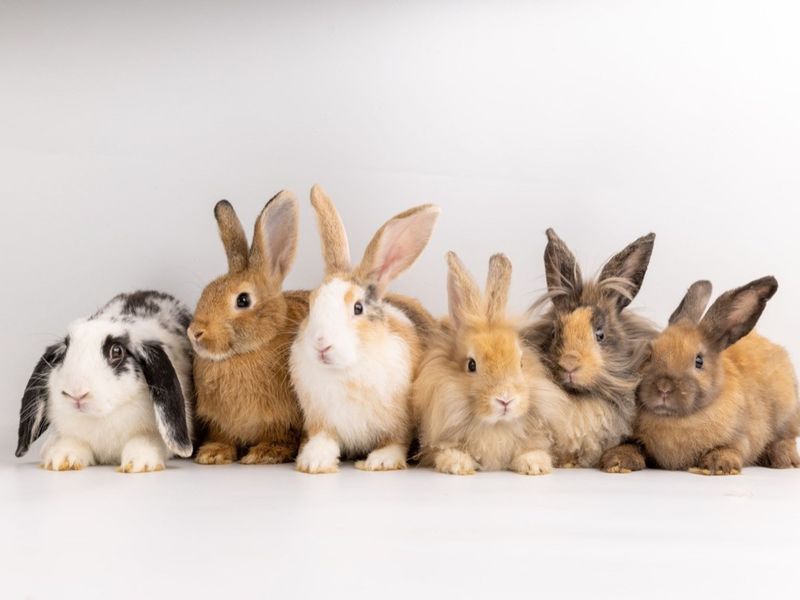
Caring for a rabbit reinstates the purposeful responsibility many veterans miss after leaving structured military roles. The rabbit’s complete dependence validates the veteran’s importance in a meaningful way.
Veterans often report that their rabbit’s needs provide motivation on days when self-care feels impossible. The commitment to another living being becomes a powerful reason to keep moving forward.
14. Strengthening Bonds With Loved Ones
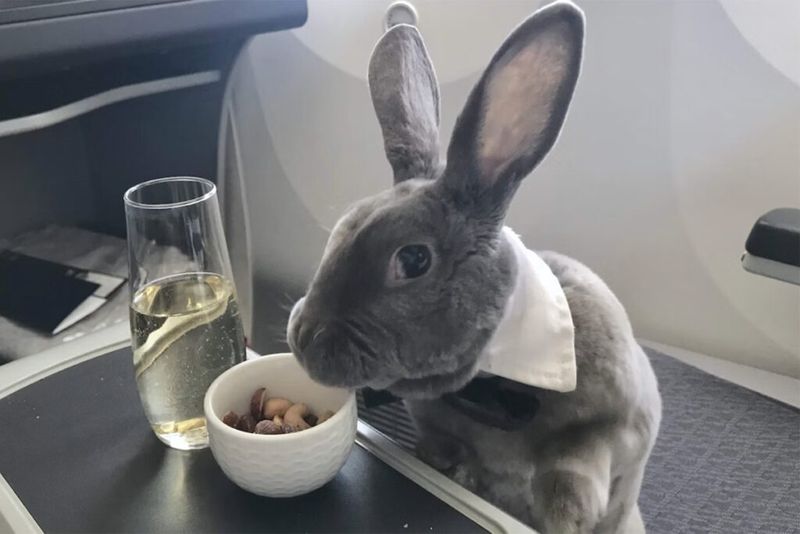
Rabbits create shared experiences for veterans and family members who might struggle to connect post-service. Children especially benefit from the neutral territory a rabbit provides for rebuilding relationships with a returned parent.
Family members can participate in rabbit care, creating collaborative moments that bypass difficult conversations. These shared activities build new positive memories that help heal strained relationships.
15. Improving Overall Well-being
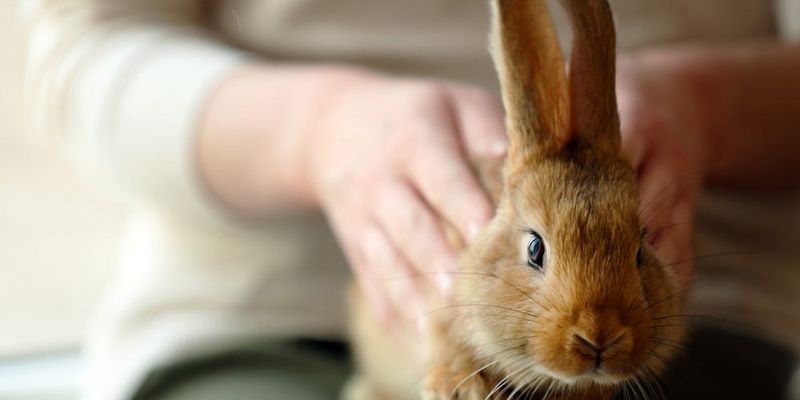
The gentle exercise involved in rabbit care – bending, reaching, and light cleaning – provides physical movement without triggering service-related injuries. Veterans report improved physical health alongside emotional benefits.
Rabbits encourage veterans to maintain healthier living spaces for their sensitive companions. Many veterans find themselves making positive lifestyle changes that benefit both rabbit and human well-being.


